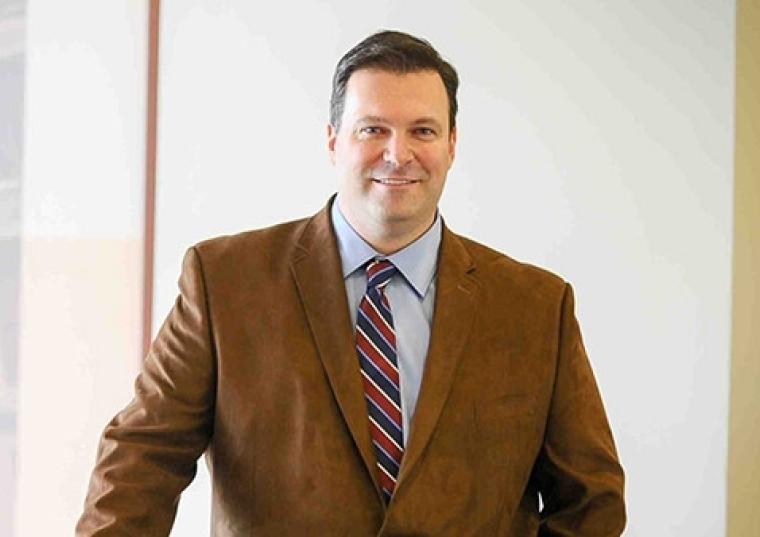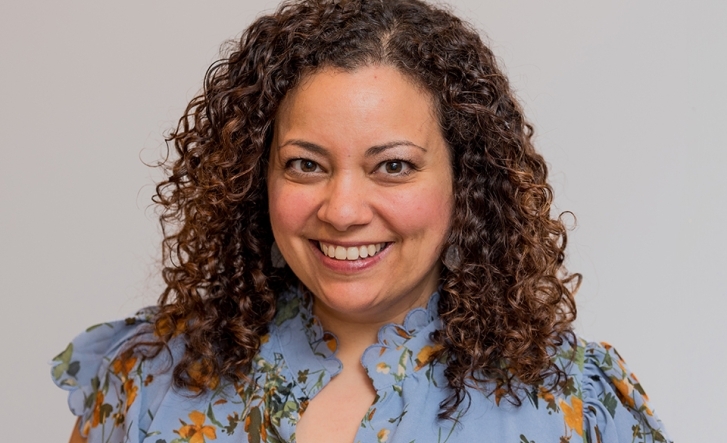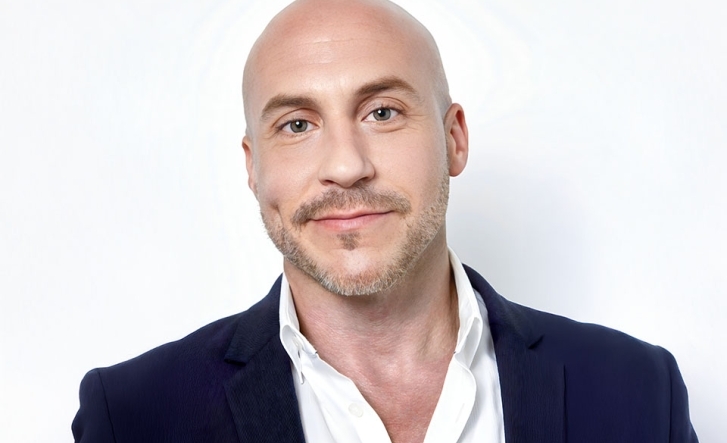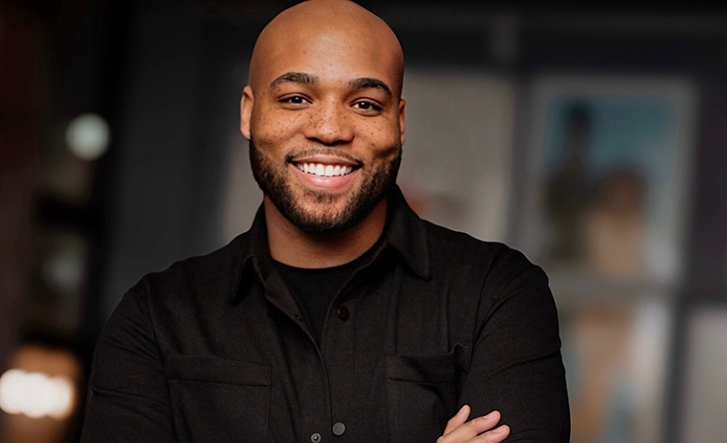David Herling ‘14CPS, ‘15MS

Student Trades Restaurant for St. John's Degrees
As the proprietor of a restaurant in Hoboken, NJ, David Herling ’14CPS, ’15MS discovered that ownership entailed a wide variety of roles, including chef, manager, and even dish washer. What he didn’t expect from his time in the food services industry is that it would ultimately lead him to St. John’s University.
“I opened the restaurant in 2008, just when the economy collapsed,” Herling said. “My customers were either losing their jobs or fearful of losing their jobs, so I would counsel them on the value of gaining new skills by going back to school.”
In 2011, Herling took his own advice, selling his restaurant to finance his undergraduate education. In the fall of 2012, he began studies in computer science at SJU. He finished his bachelor’s degree in only two years by taking 18–21 credits per semester. "With two small children at home, this is not something I could have done without the support of my wife, Anna, who works full time."
Now a graduate assistant in the College of Professional Studies, Herling is pursuing a master’s degree in data mining and predictive analytics. “I would describe the program as knowledge discovery from data,” he explained. “I aim to learn or predict something from huge amounts of information. As a society, we generate more data in a day now than we did at many points in our entire human history.”
With technology essential to the current information-based economy, Herling is glad his St. John’s degrees are so marketable. “Everyone talks about the STEM fields (science, technology, engineering, and mathematics) but, within that, people skilled in computer science are what our economy needs right now,” he said. “The degrees I’ve pursued here open doors because they touch on so many areas, particularly data mining, which is part science, part art.”
"David is one of our star students,” noted Christina Schweikert, Ph.D., assistant professor, computer science, mathematics, and science. “He always goes above and beyond to learn additional material and relates concepts learned in class to real-world scenarios."
Herling, who has been mentored by many professors, appreciates the “human aspect” of his learning experience at the University. “Professors here are very interested in the lives and success of the students.” he said.



